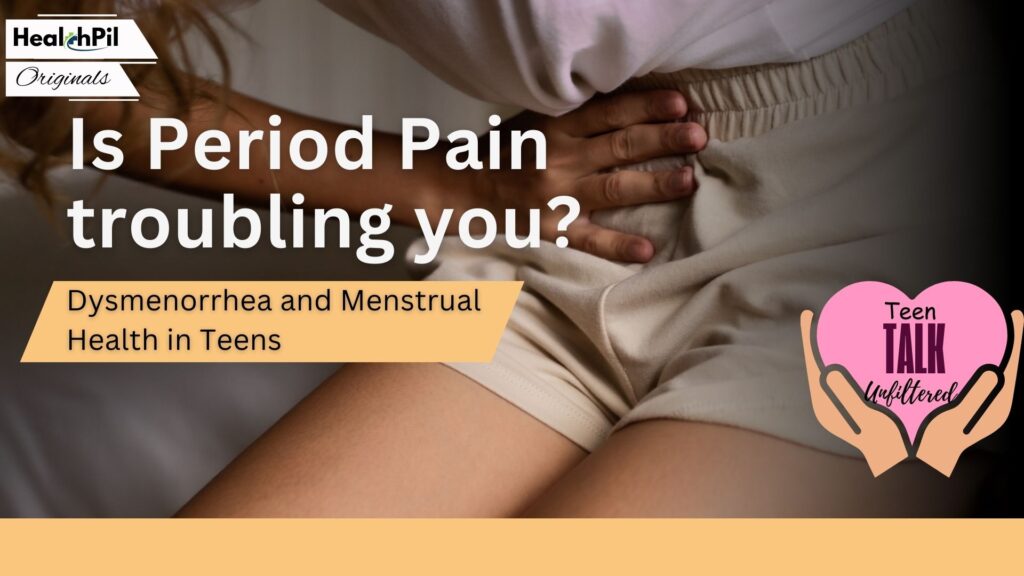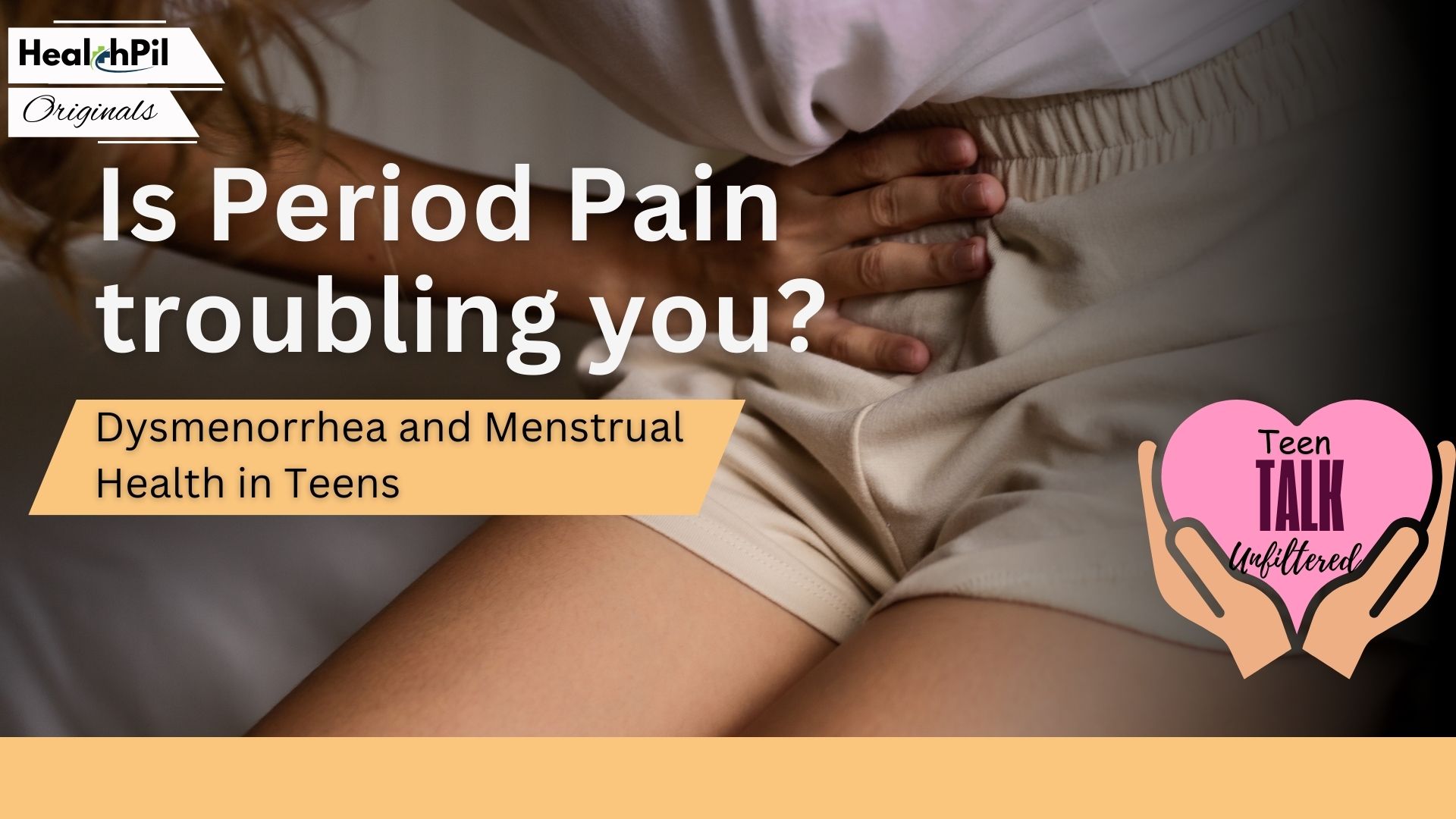
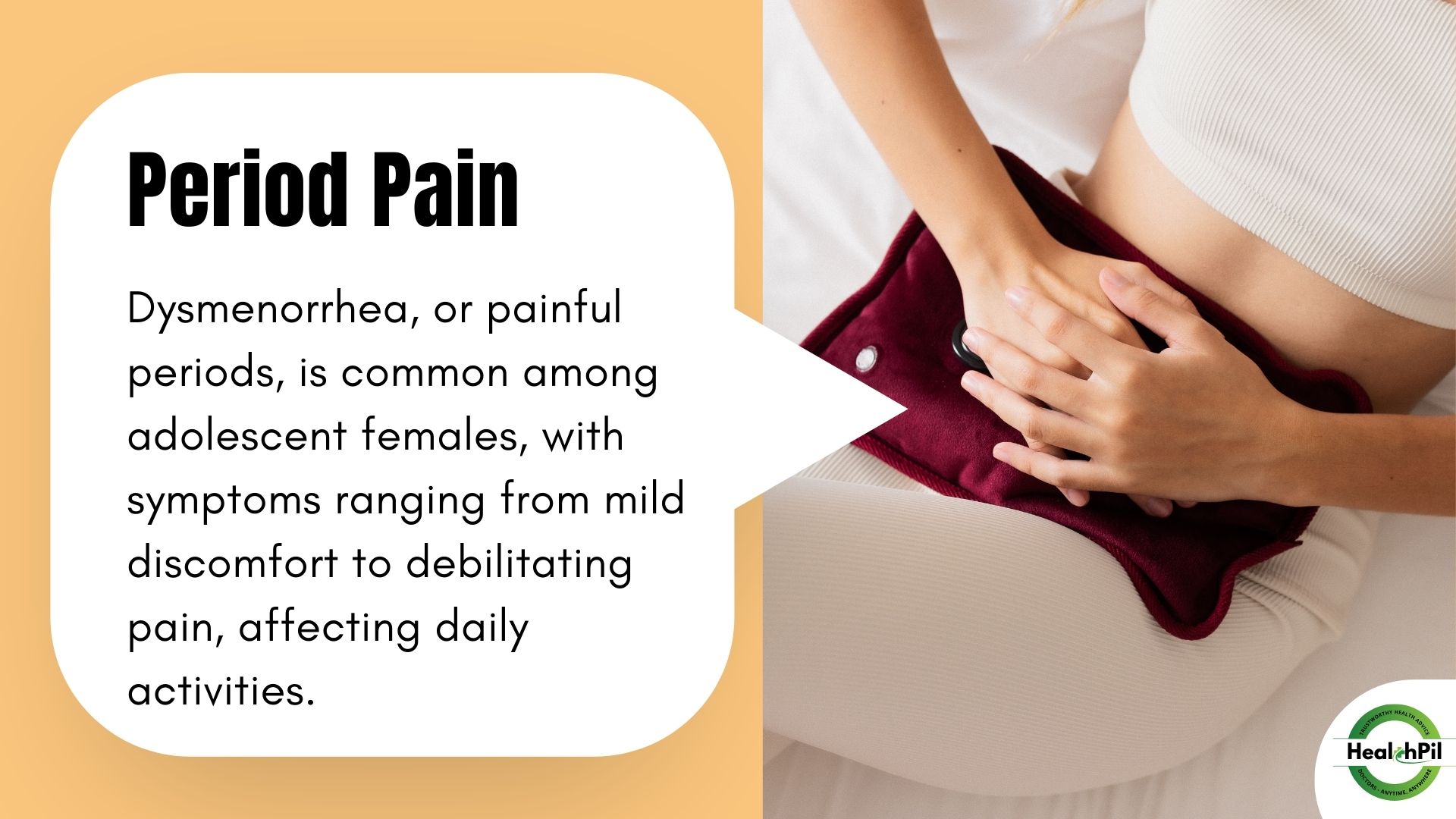
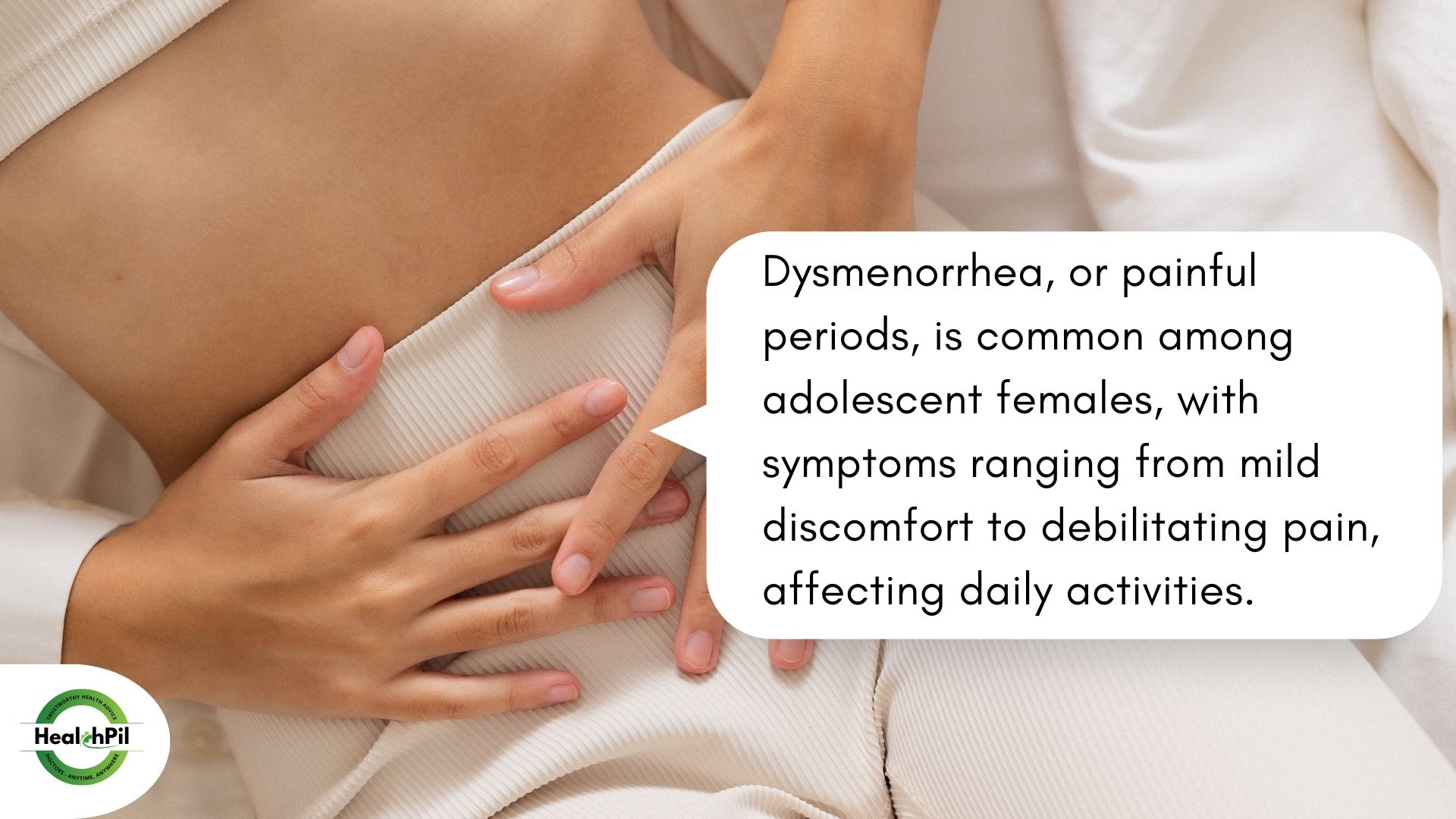
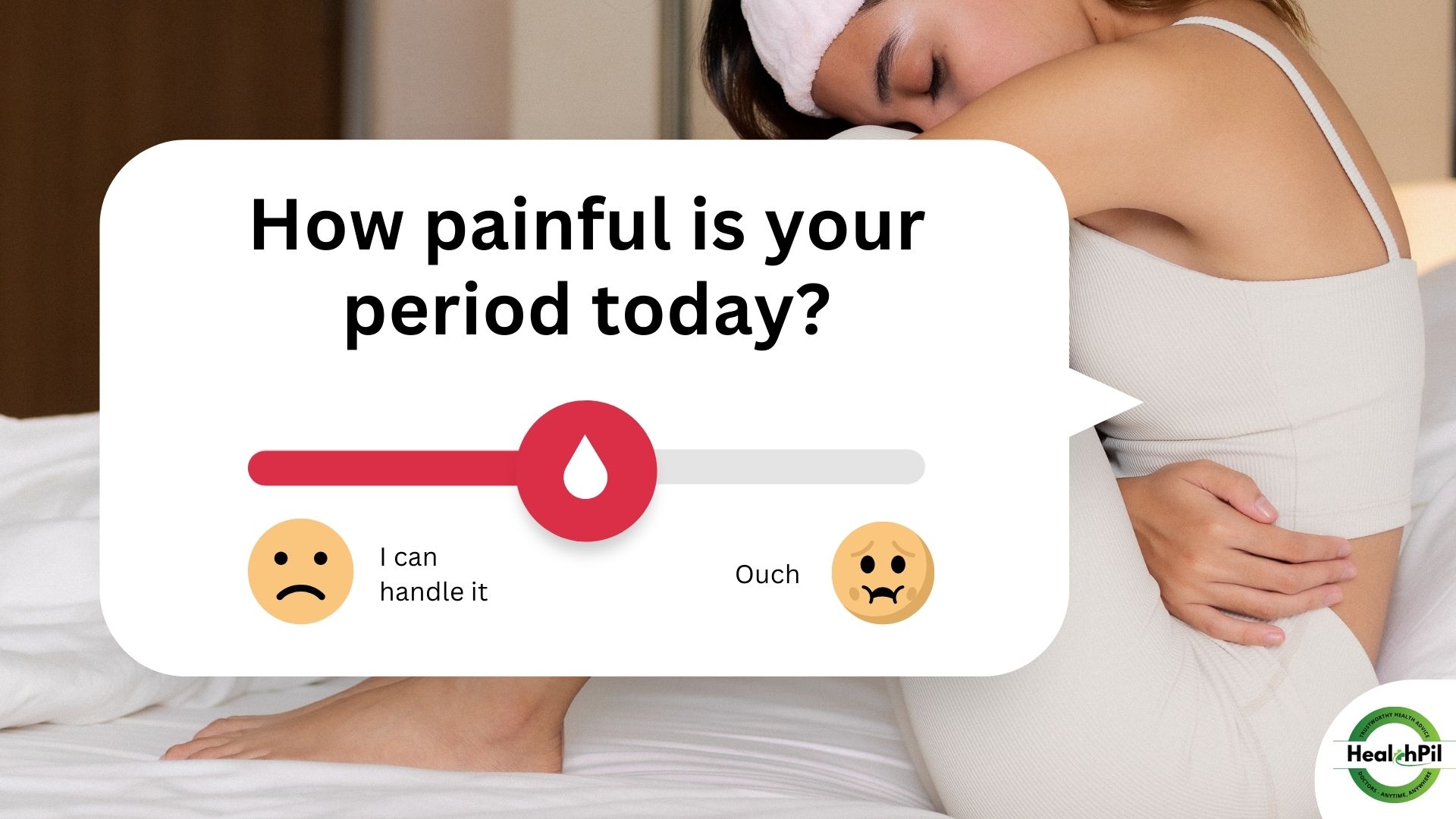
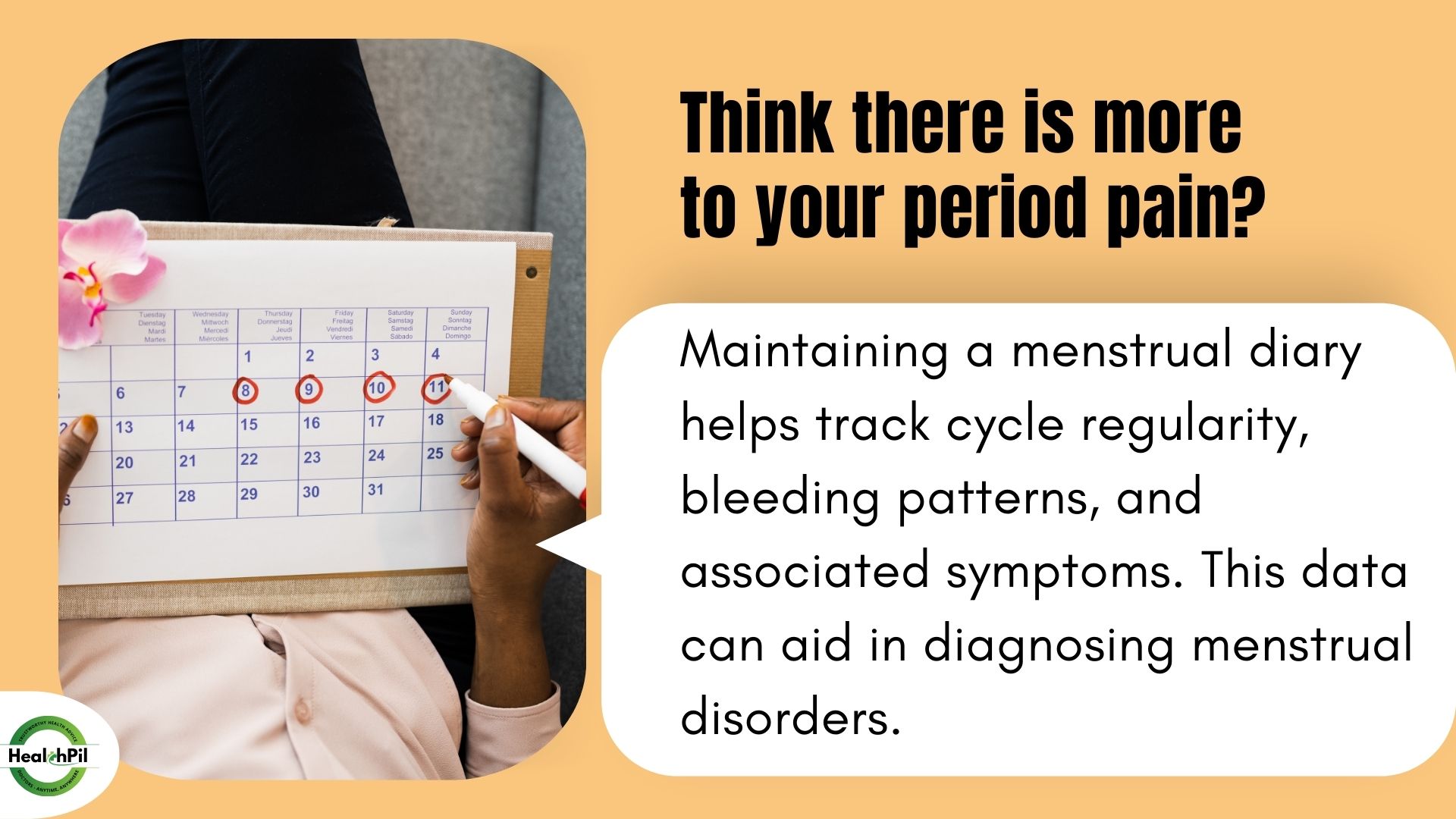

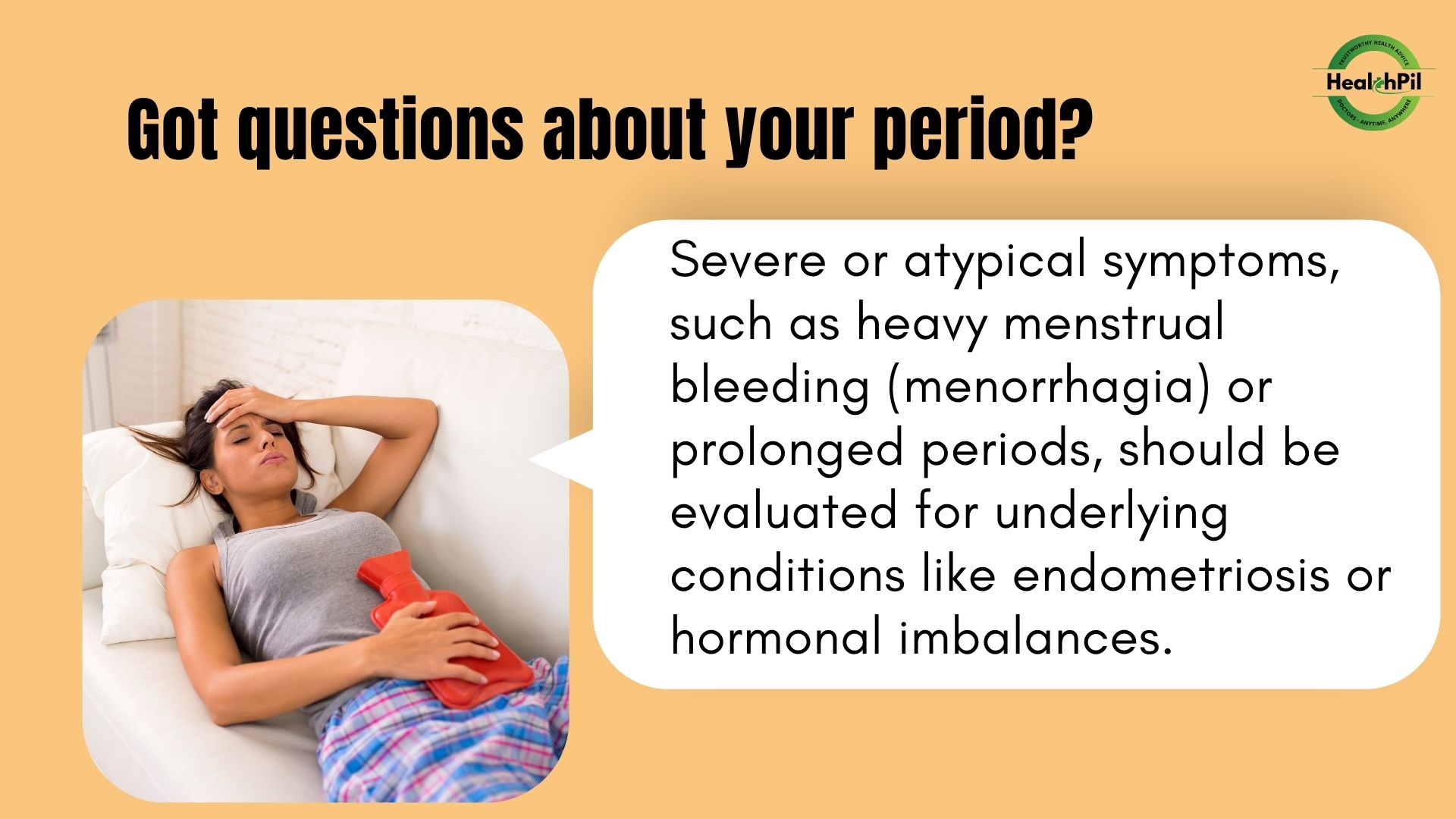

Menstrual health is a critical aspect of well-being for adolescent females, yet many young women suffer in silence due to painful periods, commonly known as dysmenorrhea. Meet Simran (name changed), a 16-year-old who faced the challenges of severe menstrual cramps and heavy bleeding. Her journey highlights the importance of recognizing and effectively managing dysmenorrhea to improve quality of life. This article explores Simran’s experience and provides essential information on managing menstrual health.
What is Dysmenorrhea?
Dysmenorrhea is a term used to describe painful menstrual cramps that can range from mild discomfort to excruciating pain. Research has shown that approximately 50% to 90% of adolescent females experience some form of dysmenorrhea. This pain can significantly disrupt daily activities, affecting school performance, social interactions, and overall well-being.
Causes of Dysmenorrhea
Dysmenorrhea is divided into two main types: primary and secondary.
Primary Dysmenorrhea: This is the most common form and is caused by excessive production of prostaglandins, hormones that trigger uterine contractions. High levels of prostaglandins can lead to severe cramps and discomfort during menstruation.
Secondary Dysmenorrhea: This type is often caused by underlying conditions such as endometriosis or fibroids. But unlike primary dysmenorrhea, secondary dysmenorrhea occurs much later in life and may require different treatment strategies.
Simran’s Experience..
Simran began experiencing severe menstrual cramps and heavy bleeding, which affected her daily activities and left her feeling frustrated and overwhelmed. After consulting a healthcare professional, she was diagnosed with primary dysmenorrhea.
Her treatment plan included:
1. Nonsteroidal Anti-Inflammatory Drugs (NSAIDs): Simran was prescribed NSAIDs to alleviate her pain and reduce inflammation. These medications are effective in managing the symptoms of dysmenorrhea and can provide significant relief.
2. Lifestyle Modifications: In addition to medication, Simran was advised to make some lifestyle changes. Some of them included exercising regularly, hydrating well, and eating a balanced diet comprising of essential nutrients. These helped her in managing her menstrual cycles.
3. Menstrual Tracking: Simran learned the importance of maintaining a menstrual diary to track her cycle regularity, bleeding patterns, and associated symptoms. This data can help healthcare providers diagnose menstrual disorders more accurately.
Can Nutrition and Exercise really help?
Research has proved that certain lifestyle changes can significantly improve menstrual health. Some of them are as follows.
It has been shown that engaging in physical activity on a regular basis can reduce the severity of menstrual cramps and improve overall well-being. Moreover, exercise also helps release endorphins that act as natural painkillers.
Staying well-hydrated is just as important for maintaining overall health and can also help relieve symptoms of bloating and discomfort that are often experienced during menstruation.
A wholesome diet rich in fruits, vegetables, whole grains, and lean proteins can provide the necessary nutrients to support menstrual health. In addition to that, iron-rich foods are particularly important for women experiencing heavy bleeding.
When to Seek Help
While dysmenorrhea is common, severe or atypical symptoms should not be ignored. Some of the signs that should not be ignored and need immediate medical care include:
Heavy menstrual bleeding (menorrhagia)
Severe pain that interferes with daily activities
Symptoms that worsen over time
Irregular menstrual cycles
These symptoms may indicate some underlying health conditions such as endometriosis or hormonal imbalances that require further evaluation and treatment.
Conclusion
Simran’s journey underscores the importance of understanding and managing dysmenorrhea. By recognizing the signs and seeking appropriate treatment, young women can reclaim their quality of life and navigate the challenges of adolescence with confidence.
At HealthPil, we are committed to providing reliable health information and connecting individuals with healthcare providers who can help. Remember, the insights shared in this article are for educational purposes and should not replace professional medical advice.
Take control of your menstrual health! If you’re experiencing severe menstrual discomfort, don’t hesitate to reach out for support and guidance. Your health matters!
FAQ: Addressing Common Concerns
Can irregular periods always mean PCOS?
Not necessarily. Irregular cycles are common in adolescence and may normalize over time. Persistent issues require medical evaluation.
Is PCOS curable?
PCOS is a manageable condition with lifestyle changes, medications, and support. Early intervention improves outcomes.
Does stress affect menstrual cycles?
Yes, stress can disrupt hormonal balance, leading to irregular periods. Stress management is key to overall health.
Should adolescents take hormonal medications for irregular periods?
Only when prescribed by a doctor. Non-pharmacological interventions are often the first line of management.

